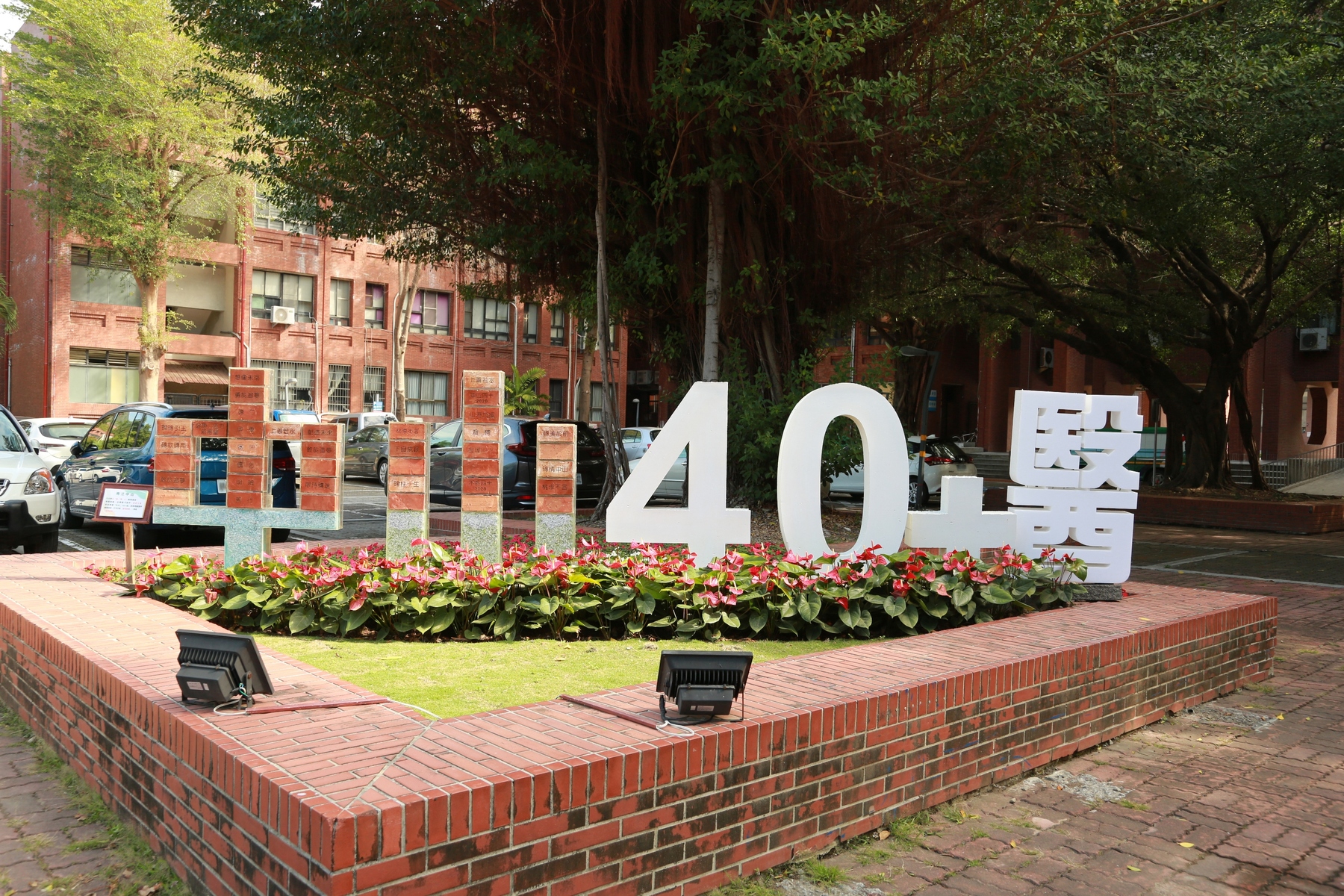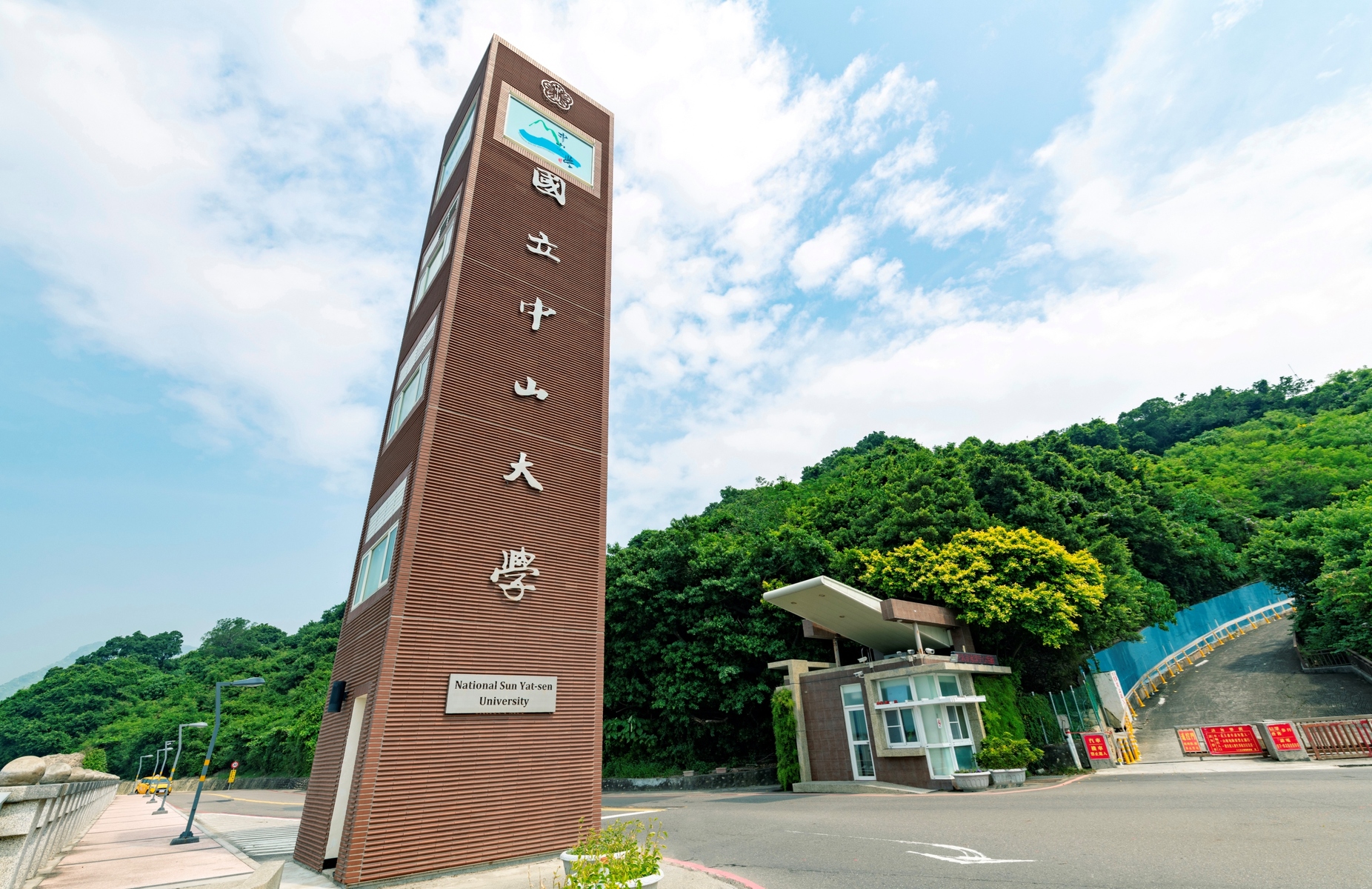Newly established School of Post-Baccalaureate Medicine to recruit 23 public-financed students



2022-03-28
To improve the wellbeing of residents in rural areas, National Sun Yat-sen University has established the School of Post-Baccalaureate Medicine, approved by the Ministry of Health and Welfare to recruit 23 public-financed students. This year, the School will start recruiting for the first time: it will issue a recruitment announcement for the academic year 2022-2023 by the end of March. NSYSU is the first public university in Kaohsiung to have a College of Medicine and to train public-financed students.
“The University will fulfill its social responsibility by supporting Taiwan's medical transformation. We look forward to making healthcare available to all residents in Taiwan, in both rural and urban areas.” NSYSU President Ying-Yao Cheng emphasized that there is a large disproportion between medical resources in the Kaohsiung, Pingtung, Penghu, and Taitung areas and northern Taiwan. NSYSU, as the only public research university in Kaohsiung, Pingtung, Penghu, and Taitung, is willing to take on the responsibility of cultivating post-baccalaureate medical students with knowledge of modern technology. With Kaohsiung Veterans General Hospital, Kaohsiung Chang Gung Memorial Hospital, and Chi Mei Medical Center as the main teaching medical centers and the public-financed service system, it will allow “public-financed doctors who graduated from NSYSU to understand the situation in rural and outlying islands, serve there long-term, give back to these communities after graduation, and make healthcare available to all residents!”
President Ying-Yao Cheng further pointed out that NSYSU, as a comprehensive research university, has rich and diverse overall medical resources and research papers among the 1% most cited globally in such fields as pharmacology and toxicology, clinical medicine, chemistry, and plant and animal science, according to the Essential Science Indicators database. The University has established the Institute of Biomedical Science, the Institute of Medical Science and Technology, the Institute of Precision Medicine, the Institute of Biotechnology and Pharmaceutical Research, and the Doctoral Program in Clinical Medicine for post-baccalaureate medical students to study and research in an interdisciplinary way and to thrive in the era of smart healthcare. In recent years, NSYSU has cultivated over 200 interdisciplinary medical doctors.
NSYSU Senior Vice President Shiow-Fon Tsay said that the University plans to select medical students with Schweitzer's qualities, and to implement a task-oriented medical education program, focusing on the training of public-financed post-baccalaureate medical students, and providing various learning mechanisms for cross-disciplinary professional training. To enhance the willingness of public-financed doctors to stay in rural areas, the University will provide public-financed medical students with the opportunity to join the rural healthcare team formed by the medical center during their studies, to learn through community volunteer service and internships in rural areas, Aboriginal communities, and outlying islands, and with the opportunity to enter the comprehensive medical service system of public-financed doctors after graduation.
“In the future, we will cultivate physicians with a humanistic approach and technological literacy in addition to six core professional competencies. The students must have self-learning ability and information literacy and be able to make good use of modern technology to implement preventive medicine and precision medicine in the outlying islands, for healthcare without boundaries in Taiwan.” Senior Vice President Tsay said that upon admission, the students will first study the pre-med online program to strengthen their knowledge of basic medical science. The course is divided into 8 modules for the students to learn professional medical knowledge and abilities based on 125 clinical presentations. In addition, the four-year professional training program will teach medical humanities, communication skills, and medical information technology.
In addition, NSYSU, with its advantage as a comprehensive research university, offers a variety of electives for post-baccalaureate medical students, including a microprogram for medical scientists, a microprogram for medical engineers, and an integrated program in healthcare management to provide medical students with rich and diverse learning opportunities and to cultivate doctors who can respond to the cross-disciplinary needs of smart medicine. In addition to narrative medicine, communication skills and professionalism, interpersonal relationship and doctor-patient relationship building, medical ethics and law, physical, mental and spiritual care, and humanistic and social medical awareness, medical volunteer services, and home visitation etiquette, the students will acquire the knowledge, skills, and attitudes necessary to be sensitive and empathetic to patients. The School expects post-baccalaureate medical students to become patient-centered doctors able to provide holistic care.
To improve the wellbeing of residents in rural areas, National Sun Yat-sen University has established the School of Post-Baccalaureate Medicine, approved by the Ministry of Health and Welfare to recruit 23 public-financed students. This year, the School will start recruiting for the first time: it will issue a recruitment announcement for the academic year 2022-2023 by the end of March. NSYSU is the first public university in Kaohsiung to have a College of Medicine and to train public-financed students.
“The University will fulfill its social responsibility by supporting Taiwan's medical transformation. We look forward to making healthcare available to all residents in Taiwan, in both rural and urban areas.” NSYSU President Ying-Yao Cheng emphasized that there is a large disproportion between medical resources in the Kaohsiung, Pingtung, Penghu, and Taitung areas and northern Taiwan. NSYSU, as the only public research university in Kaohsiung, Pingtung, Penghu, and Taitung, is willing to take on the responsibility of cultivating post-baccalaureate medical students with knowledge of modern technology. With Kaohsiung Veterans General Hospital, Kaohsiung Chang Gung Memorial Hospital, and Chi Mei Medical Center as the main teaching medical centers and the public-financed service system, it will allow “public-financed doctors who graduated from NSYSU to understand the situation in rural and outlying islands, serve there long-term, give back to these communities after graduation, and make healthcare available to all residents!”
President Ying-Yao Cheng further pointed out that NSYSU, as a comprehensive research university, has rich and diverse overall medical resources and research papers among the 1% most cited globally in such fields as pharmacology and toxicology, clinical medicine, chemistry, and plant and animal science, according to the Essential Science Indicators database. The University has established the Institute of Biomedical Science, the Institute of Medical Science and Technology, the Institute of Precision Medicine, the Institute of Biotechnology and Pharmaceutical Research, and the Doctoral Program in Clinical Medicine for post-baccalaureate medical students to study and research in an interdisciplinary way and to thrive in the era of smart healthcare. In recent years, NSYSU has cultivated over 200 interdisciplinary medical doctors.
NSYSU Senior Vice President Shiow-Fon Tsay said that the University plans to select medical students with Schweitzer's qualities, and to implement a task-oriented medical education program, focusing on the training of public-financed post-baccalaureate medical students, and providing various learning mechanisms for cross-disciplinary professional training. To enhance the willingness of public-financed doctors to stay in rural areas, the University will provide public-financed medical students with the opportunity to join the rural healthcare team formed by the medical center during their studies, to learn through community volunteer service and internships in rural areas, Aboriginal communities, and outlying islands, and with the opportunity to enter the comprehensive medical service system of public-financed doctors after graduation.
“In the future, we will cultivate physicians with a humanistic approach and technological literacy in addition to six core professional competencies. The students must have self-learning ability and information literacy and be able to make good use of modern technology to implement preventive medicine and precision medicine in the outlying islands, for healthcare without boundaries in Taiwan.” Senior Vice President Tsay said that upon admission, the students will first study the pre-med online program to strengthen their knowledge of basic medical science. The course is divided into 8 modules for the students to learn professional medical knowledge and abilities based on 125 clinical presentations. In addition, the four-year professional training program will teach medical humanities, communication skills, and medical information technology.
In addition, NSYSU, with its advantage as a comprehensive research university, offers a variety of electives for post-baccalaureate medical students, including a microprogram for medical scientists, a microprogram for medical engineers, and an integrated program in healthcare management to provide medical students with rich and diverse learning opportunities and to cultivate doctors who can respond to the cross-disciplinary needs of smart medicine. In addition to narrative medicine, communication skills and professionalism, interpersonal relationship and doctor-patient relationship building, medical ethics and law, physical, mental and spiritual care, and humanistic and social medical awareness, medical volunteer services, and home visitation etiquette, the students will acquire the knowledge, skills, and attitudes necessary to be sensitive and empathetic to patients. The School expects post-baccalaureate medical students to become patient-centered doctors able to provide holistic care.
Click Num:
Share
